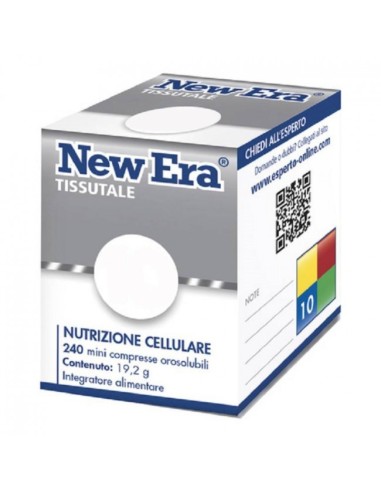The second phase of inflammation requires potassium chloride.
This phase typically presents with greyish-white, viscous and adherent mucus secretions. During the second inflammatory phase
the mucous membranes produce this salt, which binds, by hydrolysis, to the substances that have
the substances that caused the inflammation, inducing their elimination through the
release of fibres and mucus. The expelled fibre appears as an opalescent, whitish
opalescent, whitish mass and is covered with mucus. Its presence strongly indicates
The presence of this fibre is a sure indication of a deficiency of potassium chloride.
preserve the serous membranes from depletion of reserves of this salt.
salt reserves.
In practice, deficient individuals suffer from symptoms affecting, in particular, the mucous membranes.
mucous membranes, characterised by the typical pale-viscous secretions
pale-viscous secretions, ranging from conjunctivitis with whitish secretions to tonsillitis with white plaques,
tonsillitis with white plaques, rhinitis with clear and viscous mucus secretion, and
mucus, to vaginitis with white leucorrhoea and the emission of clear and abundant urine.
clear and abundant urine. Similarly, swellings of the joints, lymph nodes
lymph nodes or whitish and powdery flaking of the skin.
skin. The viscosity of the blood is also influenced by the action of this salt.
salt and is a function of the greater or lesser introduction of fibrous matter into it.
greater availability of potassium chloride results in a greater proportion of fibres bound in the mucous membranes and in the skin.
of fibres bound in the mucous membranes and their lesser introduction into the bloodstream.
bloodstream, which is therefore more fluid.
At the level of the mucous membranes of the gastrointestinal apparatus, potassium chloride deficiency
potassium chloride certainly induces mucus in the stools, as well as
emission of hypochromic stools, a sign of insufficient production of bile salts.
production of bile salts. This can lead to constipation and difficulty digesting fatty or highly processed foods.





















